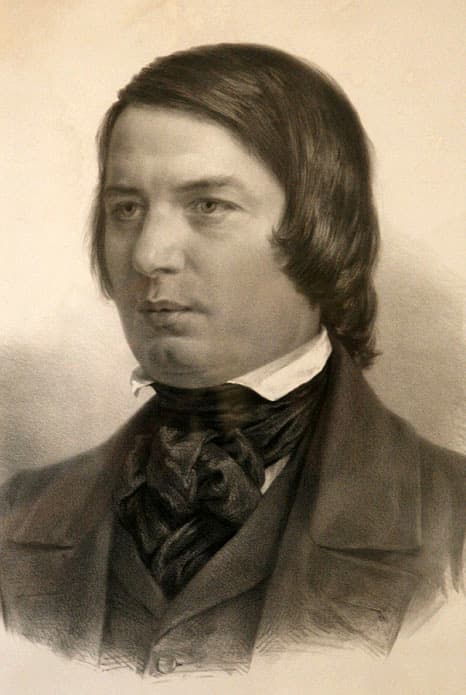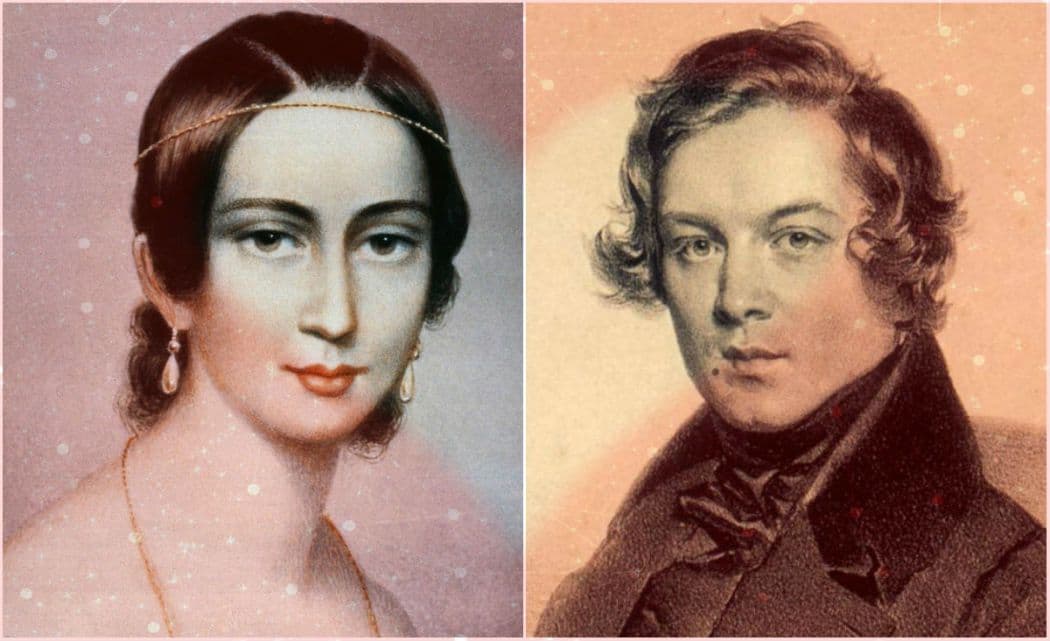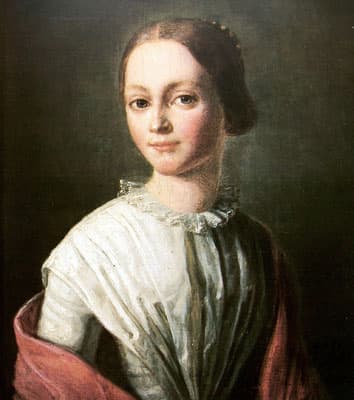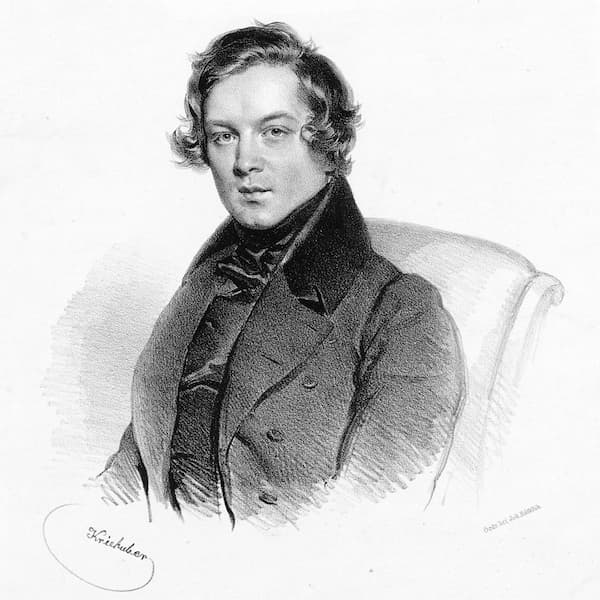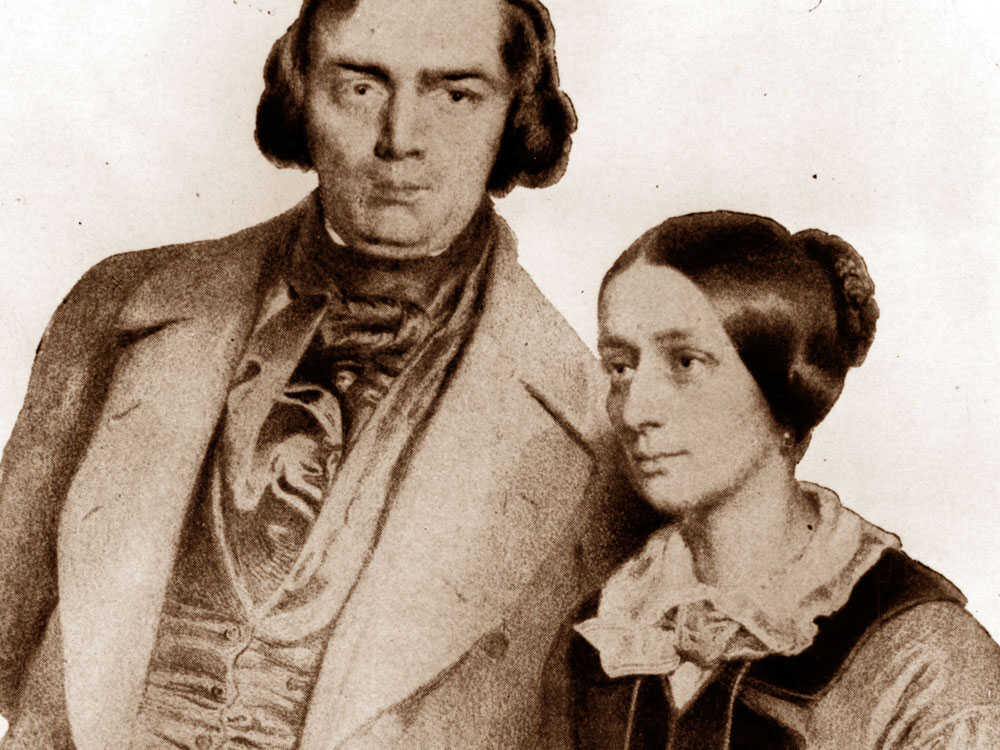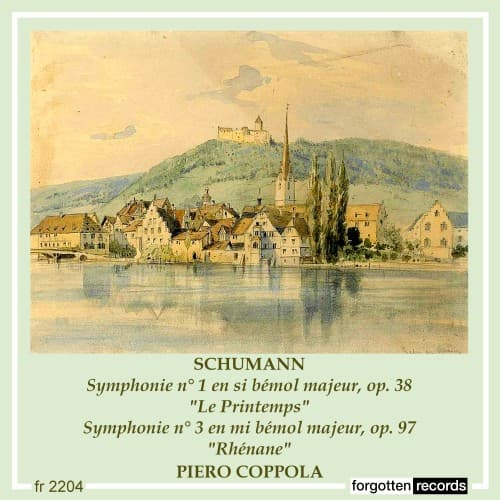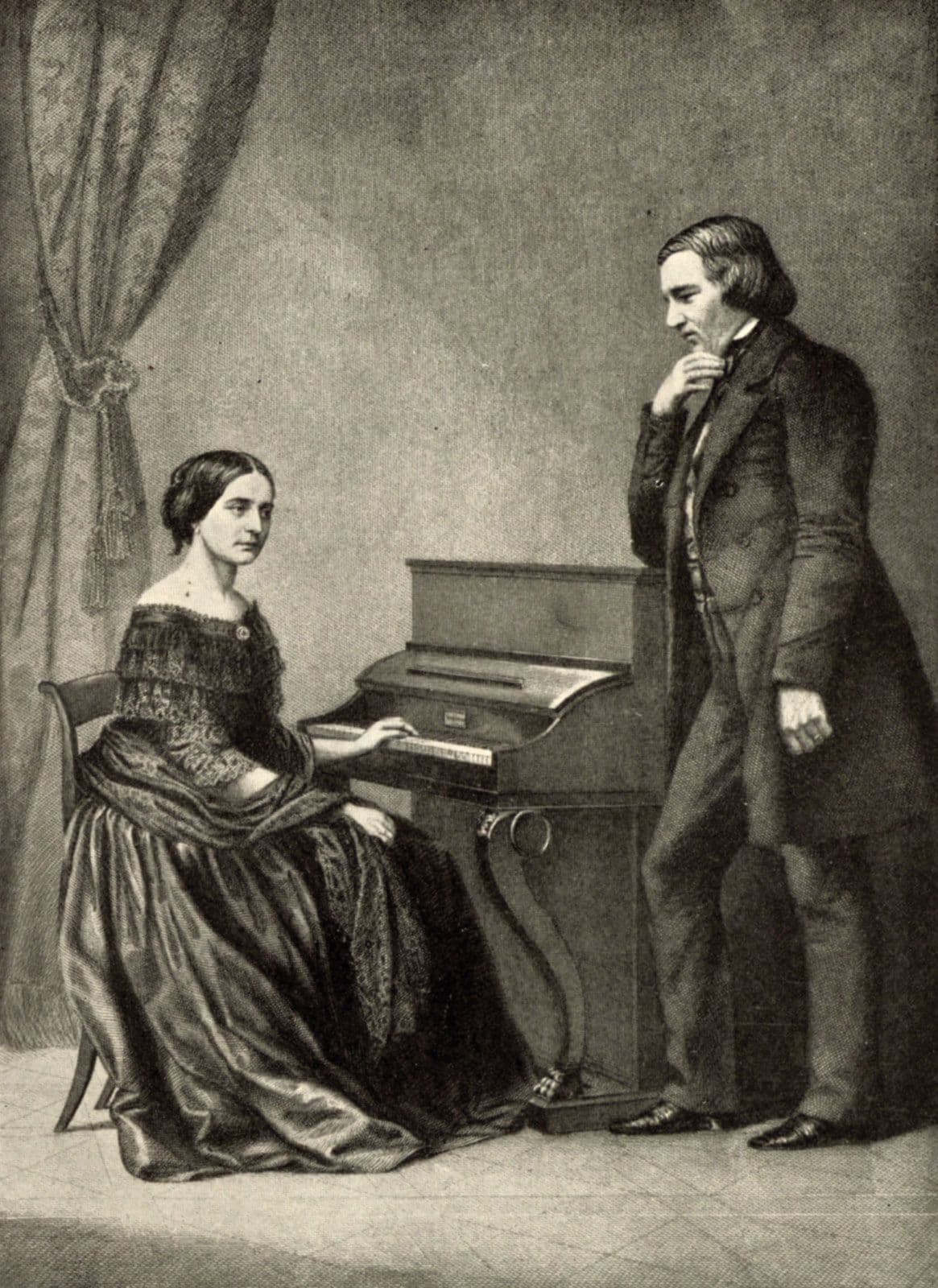Robert Schumann was a master of packaging big emotions into bite-sized pieces. His piano miniatures are short, vivid, and bursting with personality. Think of them as TikToks of the Romantic era, but with more heart and fewer dance trends. From
Schumann
The piano music of Robert Schumann isn’t just challenging for the hands, it is a real workout for the mind and heart as well. Technical challenges aside, Schumann’s music is full of nuanced emotional expressions, often requiring the pianist to
Robert Schumann was one of the leading figures of classical music’s Romantic Era. His music – by turns tempestuous and ecstatic and always heartfelt – made a huge impression not only on audiences but on his fellow composers, too. Today,
Unexpectedly, Schumann’s “Spring Symphony” had been a great success at its first performance under Felix Mendelssohn in 1841. In the wake of this triumph and his marriage to Clara, Schumann decided that an orchestra would “best portray his celebratory feelings.”
Robert Schumann (1810–1856), like Brahms after him, had to confront the symphonic legacy left to the world by Beethoven. Schumann was very much the composer of the Romantic where ‘music should be, above all else, a means of expressing intense
In 1840, Robert Schumann wrote to his beloved Clara, “This ceaseless inner music is almost killing me; I am almost obsessed by it. Oh Clara, what bliss it is to compose for the voice! I have done without it for
Many classical music lovers know the story of composer Robert Schumann and his pianist wife Clara Wieck: how they fell in love as young people, how Clara’s tyrannical father discouraged the match, and how they finally got married in 1840,

